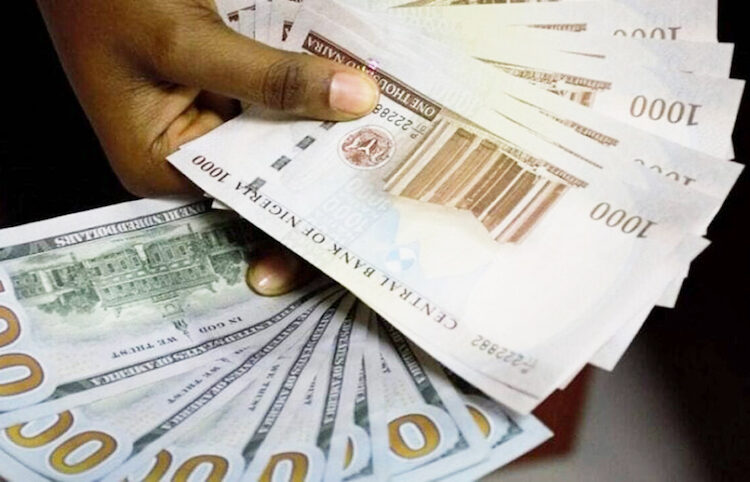Foreign exchange inflows into the Nigerian Foreign Exchange Market (NFEM) slowed in April, reflecting the impact of the ongoing tariff war and global uncertainties on foreign investor appetite.
According to data from FMDQ, total forex inflows declined by 5.7 per cent month-on-month to $3.67 billion, down from $3.90 billion in March.
The downturn was driven largely by a sharp 16.5 per cent drop in foreign-sourced inflows to $657.4 million, the lowest in seven months, amid heightened global trade tensions and capital flow volatility. Foreign Portfolio Investments (FPI) fell by 15.7 per cent, while inflows from other corporates slumped by 40.5 per cent. In contrast, Foreign Direct Investment (FDI) provided some relief, rising 112.7 per cent month-on-month.
Local sources, which contributed 82.1 per cent of total forex inflows, also recorded a marginal 2.9 per cent drop to $3.02 billion. This was attributed to declines in flows from exporters/importers (-23.9 per cent) and non-bank corporates (-23.3 per cent), despite a significant increase in inflows from individuals (+125.4 per cent) and the Central Bank of Nigeria (+43.8 per cent).
Analysts at Cordros Research in an emailed note say they expect forex inflows to remain stronger than in 2024, which averaged $2.54 billion monthly, helped by ongoing CBN reforms. However, sustained external pressures could keep overall liquidity constrained in the near term.
In the forex market, the naira appreciated by 0.4 per cent w/w to N1,589 to the dollar, buoyed by a CBN intervention of about $116 million. Gross reserves also posted a rare uptick, rising by $136 million to $37.93 billion as of April 30. Forward contracts appreciated across all tenors.
Despite a temporary reprieve in forex pressures, analysts warn that global uncertainty continues to pose a risk to capital inflows and naira stability. Market watchers expect the CBN to maintain active intervention to prevent further volatility.
Meanwhile, the overnight (OVN) rate eased slightly to 26.8 per cent as system liquidity remained healthy at NGN1.36 trillion, supported by bond coupon payments and subdued liquidity sterilization by the CBN. Treasury bills attracted bullish sentiment, with average yields falling 14bps to 23.7 per cent. The CBN’s latest OMO auction saw heavy oversubscription, with NGN804.85 billion allotted from NGN1.06 trillion in bids.
Bond markets, however, traded bearishly on the short end of the curve as cautious sentiment persisted. Average yields rose 2bps to 19.0 per cent, with the JAN-2026 bond selling off sharply.





